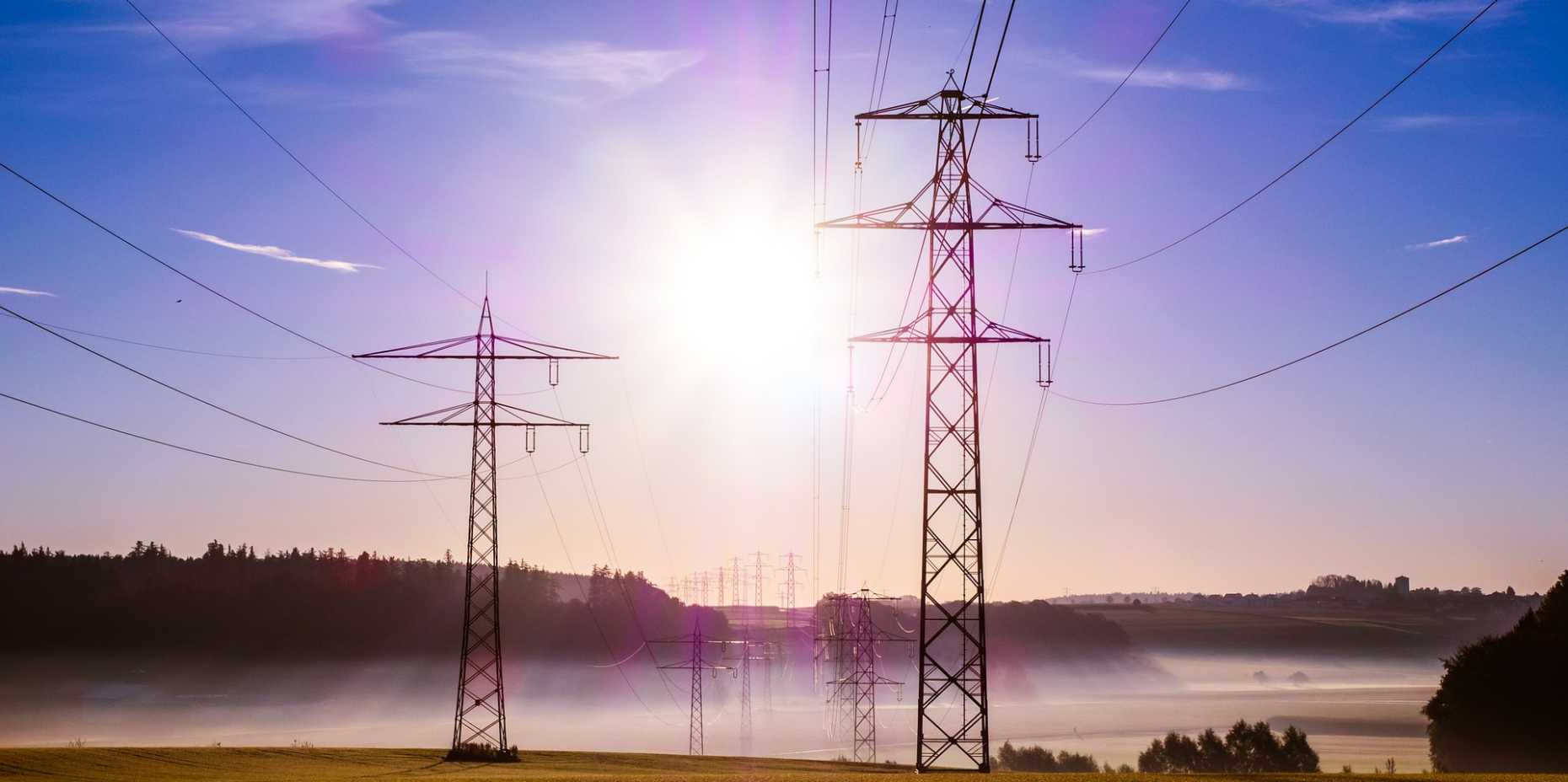Energy and Opportunity
Dr. Stéphanie Engels, Head of Corporate Development at Elektrizitätswerk der Stadt Zürich (ewz) visited the ISTP yesterday and spoke about opportunities in the challenging energy market.

By MSc STP student Moritz Hohenfellner
ewz is owned by the city of Zurich and produces, sells and distributes energy and communication solutions in Zurich and beyond. With annual power generation of 5.5 GWh, they are working in a sector which, as Dr. Engels states, "practically everything!" has changed over the last four years.
Low prices for CO2-certificates, weak economic growth and an increase in decentralised production have put the electricity price under pressure - resulting in market prices below production costs for some technologies and power plants. Particularly the business model of hydroelectric power—which generates 50% of ewz's production—suffers from the current market prices and is currently unviable. Even though hydropower plants are seen as an important asset in the energy system of the future, their complex planning process (with a time horizon of about 80 years) is made even more difficult by unclear political and regulatory conditions in the energy sector more broadly. An additional challenge will be nuclear phase-out, which for the city of Zurich at least is defined. However, Dr. Engels is optimistic that replacing the energy generated by nuclear power, which comprises up to 41% of the total ewz power generation, will not cause major problems in Switzerland, as there is enough energy available in the European market.
The bigger challenges come from the political field, where the complete liberalisation of the energy market has been delayed and a bilateral electricity agreement with the EU is currently out of reach. Importantly, the energy transition makes a European solution more important than ever. ewz’s portfolio shows that there are no borders in the energy market: for many years, ewz has invested in wind farms in Germany, Norway, France and Sweden as well as in a solar thermal power plant in Spain. Decisive for the investment in wind farms abroad is not only the wind situation, but the reliability of the financial conditions, such as fixed feed-in tariffs.
These investments are one part of ewz's strategy to tackle the challenges arising from the energy transition, falling market prices, new customer needs, the accelerated decentralisation of the energy system, the entry of cross-industry competitors and the digitisation of the business model. This strategy consists of six pillars to seize new opportunities in the energy sector:
Development and digitisation of ewz’s business model towards a leading energy and communication services provider:
Projects like the Kickstart Accelerator at the substation Selnau, smart tram stops in cooperation with the local public transport operator VBZ, and a "sun bench" which allows people to charge their smartphone with locally generated electricity, in addition to a local hydropower plant in the city of Zurich and support for sustainable forms of mobility show that the energy provider of the future will be working with new and innovative concepts.
Economically optimised production and expansion of renewable energy portfolio:
As previously mentioned, ewz is investing in renewable energy at home and abroad. Some of those investments are made in cooperation with partners committed to sustainable energy generation from other industries. One example of this cooperation is the power purchase agreement with Google for ewz's Atlantic wind farm portfolio in Sweden.
Growth in selected markets:
The key element of ewz’s positioning is sustainability. This includes investments in solar power systems in the city of Zurich.
Reliable, secure and economically optimized assets and grid:
To ensure the reliability of the grid for the future, ewz is testing new technologies such as battery storage and smart grid components like the grid box, which was co-developed by ewz in pilot projects in the city of Zurich.
Operational Excellence:
ewz uses state of the art technology like big data analysis to reduce costs and increase competitiveness.
Transformation of Corporate Culture:
According to Dr. Engels, corporate culture transformation is not only one of the most crucial steps towards a sustainable energy system, it is the toughest one as well, as many people do not like change. Working in a political environment may slow things down further and can make them even more difficult. As Dr. Engels concludes, the solutions we need for the future are not always technical ones.